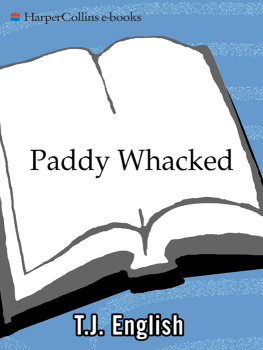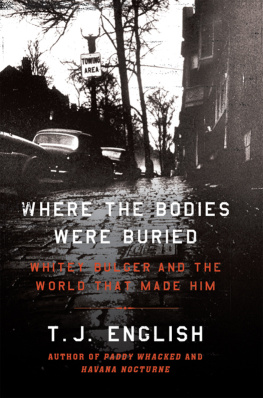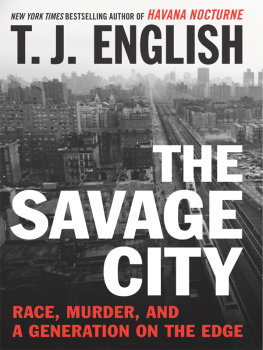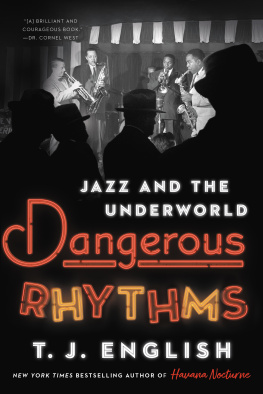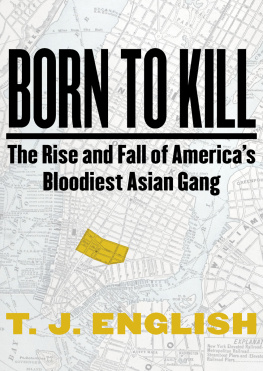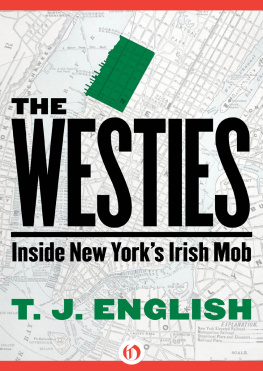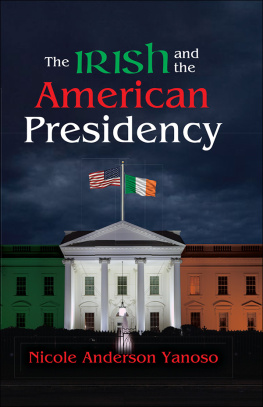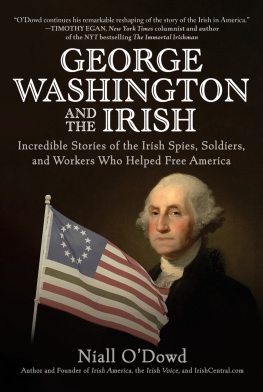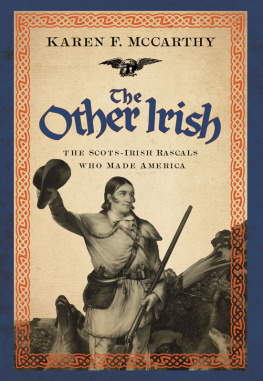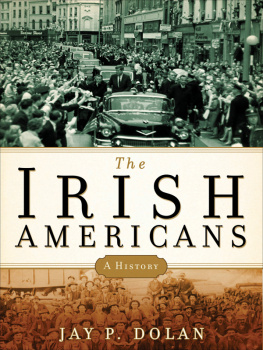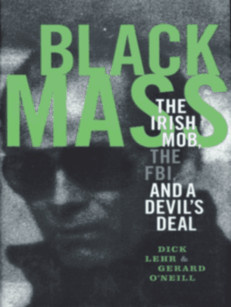T. J. English - Paddy Whacked: The Untold Story of the Irish-American Gangster
Here you can read online T. J. English - Paddy Whacked: The Untold Story of the Irish-American Gangster full text of the book (entire story) in english for free. Download pdf and epub, get meaning, cover and reviews about this ebook. year: 2005, publisher: William Morrow, genre: History. Description of the work, (preface) as well as reviews are available. Best literature library LitArk.com created for fans of good reading and offers a wide selection of genres:
Romance novel
Science fiction
Adventure
Detective
Science
History
Home and family
Prose
Art
Politics
Computer
Non-fiction
Religion
Business
Children
Humor
Choose a favorite category and find really read worthwhile books. Enjoy immersion in the world of imagination, feel the emotions of the characters or learn something new for yourself, make an fascinating discovery.
- Book:Paddy Whacked: The Untold Story of the Irish-American Gangster
- Author:
- Publisher:William Morrow
- Genre:
- Year:2005
- Rating:4 / 5
- Favourites:Add to favourites
- Your mark:
Paddy Whacked: The Untold Story of the Irish-American Gangster: summary, description and annotation
We offer to read an annotation, description, summary or preface (depends on what the author of the book "Paddy Whacked: The Untold Story of the Irish-American Gangster" wrote himself). If you haven't found the necessary information about the book — write in the comments, we will try to find it.
Here is the shocking true saga of the Irish American mob, from the mid-nineteenth century all the way to the present day. History shows that the heritage of the Irish American gangster was established in America long before that of the more widely portrayed Italian American mafioso, and has held strong through the modern age. In fact, the highest-ranking organized crime figure on the FBIs Ten Most Wanted List -- alongside Osama bin Laden -- is not a wiseguy, a Latin King, or a gangbanging Blood or Crip, but an old-style Irish American mob boss from South Boston.
In Paddy Whacked, bestselling author and organized crime expert T. J. English brings to life nearly two centuries of Irish American gangsterism, which spawned such unforgettable characters as Mike King Mike McDonald, Chicagos subterranean godfather; Big Bill Dwyer, New Yorks most notorious rumrunner during Prohibition; Mickey Featherstone, troubled Vietnam vet turned Westies gang leader from Hells Kitchen; and James Whitey Bulger, the ruthless and untouchable Southie legend. This is an epic story of corrupt politics, wanton murders, gambling empires, notorious brothels, tough women, and hard-drinking pugilists from the underbelly of Americas most dangerous cities -- including New York, Boston, New Orleans, Chicago, Kansas City, and Cleveland.
Combining storytelling verve with thorough research and a slew of never-before-published material -- including new interviews with former gang members -- English presents a riveting, seamless cultural history of the Irish American underworld. He offers a brilliant portrait of a people who fought tooth and nail for a better life from the moment they arrived in America, whether it meant taking charge within the realms of law enforcement and politics -- from Tammany Hall to the White House -- or capitalizing on what opportunities they could in the darker world beyond the law. Paddy Whacked is an irresistible tour of the undercarriage of our history -- a ride that stretches from the earliest New York and New Orleans street wars through decades of bootlegging scams, union strikes, gang wars, and FBI investigations ... and along the way deepens our understanding of the American experience.
T. J. English: author's other books
Who wrote Paddy Whacked: The Untold Story of the Irish-American Gangster? Find out the surname, the name of the author of the book and a list of all author's works by series.

